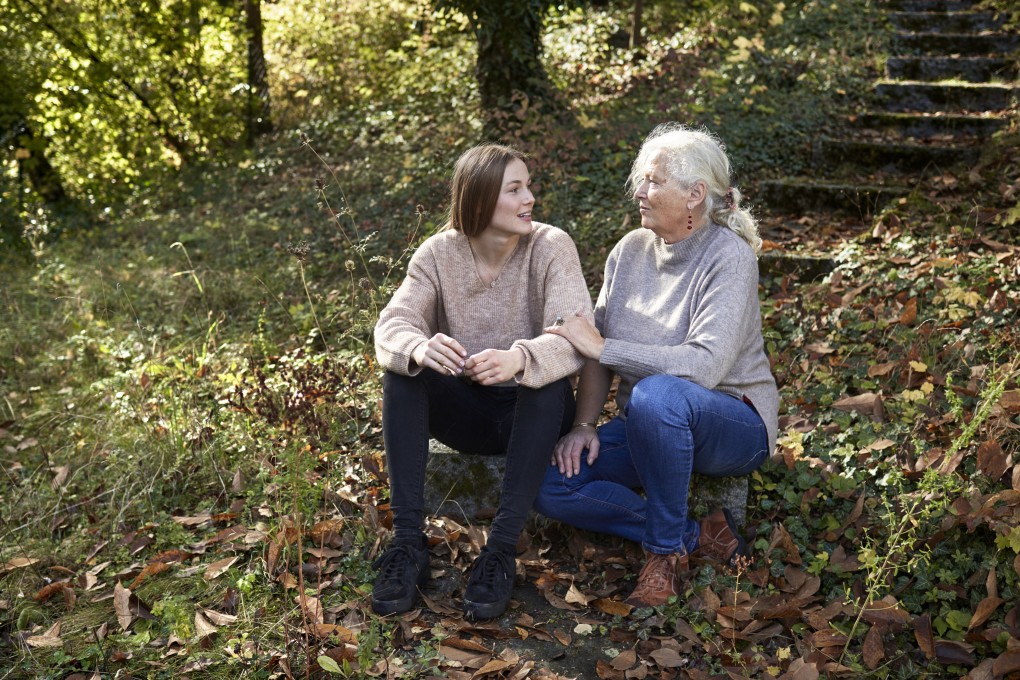Review | Ageism unmasked: the damage caused by bias towards old people and how to challenge the stereotypes about them
- Angered by the discrimination voiced towards old people during the coronavirus pandemic, expert on ageing Tracey Gendron decided to spell out its costs
- Older employees are treated unequally and old people who internalise society’s negative stereotypes can die prematurely. But it need not be that way, she says

Ageism Unmasked by Tracey Gendron, pub. Steerforth
“Great hair auntie, how young you look!” It’s a compliment … right? Or is it?
Naturally we mean well by such remarks. But Tracey Gendron wants us to reflect on the ageist biases that dwell within many of our innocent, everyday actions, thoughts and, of course, comments: “I’m having a senior moment”; or “at your age you probably haven’t heard of …”
The author is chief of the gerontology department at Virginia Commonwealth University, in Richmond, in the United States. In Ageism Unmasked, she sets out to awaken us to the negative stereotypes about ageing that we imbibe from our youth-besotted society.
Gendron asserts that everything we know about getting older is wrong. But that’s not our fault, because everything we’ve been taught about ageing is wrong.
The solution begins by distinguishing between ageing and senescence, Gendron writes. Ageing is the universal lifelong process of growth and development, while senescence is the physical and mental decline at the end. But the two terms have become mistakenly conflated in many of our assumptions, casting our later years in a largely negative light, she says.
